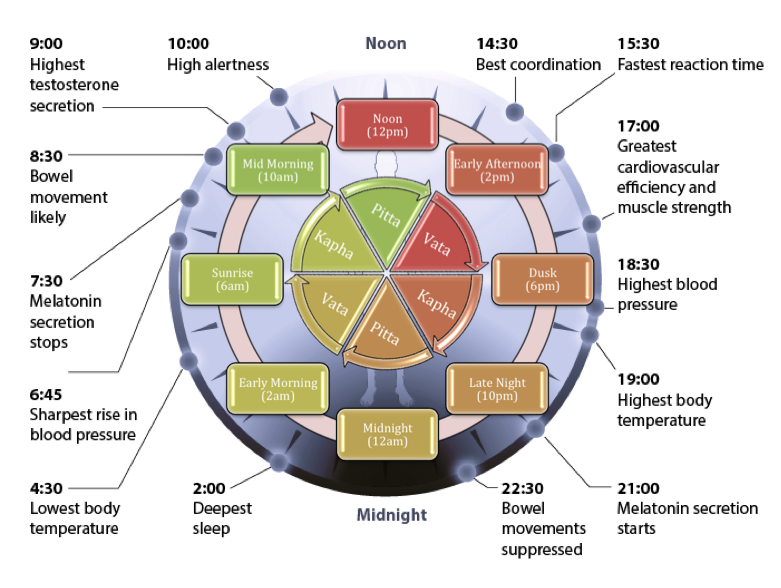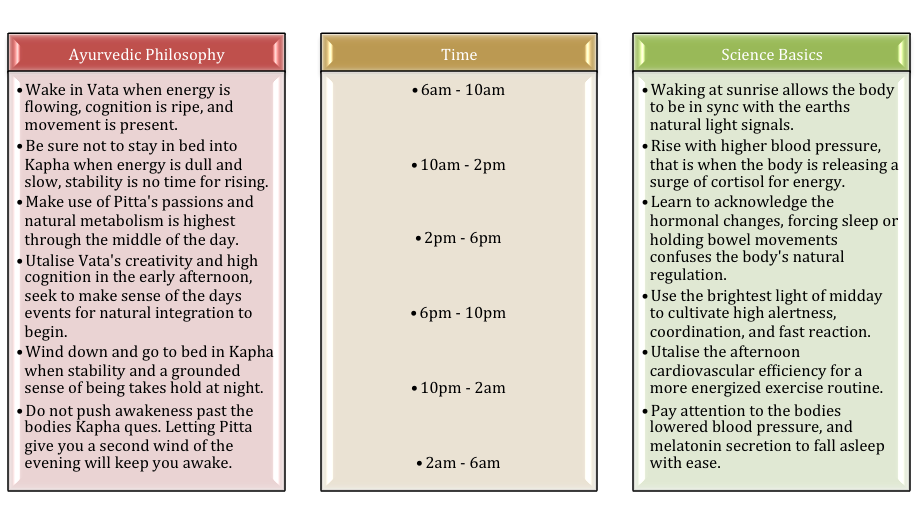
Sleep. I do wonder, how many times has someone asked you how you are, or perhaps you have asked someone how they are, and the response has been “oh, I am just tired”. We say, “just tired” as if to dismiss a knowing within that tells us to rest: the intuit within that acknowledges the importance of sleep and the detrimental effects of sleep debt.
There is this notion in today’s society that sleep is something to be sacrificed – for work, for the little leisure time we have, and perhaps even for companionship. Bigger still, I do wonder even when there is an attempt to cultivate more sleep time – what is our quality of sleep truly like? Do our bodies even know how to sleep for rest? To sleep for rejuvenation? To allow the natural circadian rhythmicity and homeostatic sleep pressure in order to modulate functionality and create harmony in body, mind, and soul?
The reality is, if we do not pay attention to our bodies physical needs of quality restorative sleep, our holistic being will suffer. As such, today I want to take the time to delve into the importance of sleep, why you may have a sleep debt, how to know if you have a sleep debt, and 7 ways to begin to repay the sleep debt and to cultivate a more holistic integrated sense of being. And of course to ensure that when someone asks “how are you?” the answer no longer has to be “tired”.
Today we would like to offer you some of the Yoga Therapy poses and corresponding information for you to try in the privacy of your own home! Please connect below for content.
Why do I need sleep? And what if I am not?
There is an overwhelming amount of research towards the necessities of sleep and the impact a lack of sleep has on our quality of life. In fact, research has shown that without a minimum of approximately 6-8 hours sleep (yet surprisingly, no more than 9 hours) we begin to fall into a pattern that begins a vicious cycle of an ever-increasing effect of sleep deprivation (sleep debt). This is where the cumulative effect of a build up in sleep pressure causes the brain to be unable to make sense of the day’s events (the processes of memory consolidation and integration), or rid itself of toxic by products, leading to negative symptomology that perpetuates the inability to sleep.
Indeed, as the video points out, over duration of time a lack of sleep not only impedes cognitive functioning, so too sleep dept causes inflammation, hallucinations, high blood pressure, diabetes, and obesity. More so, a lack of sleep can create havoc with our natural circadian rhythms, and cause chaos and disorder in our hormone levels. Specifically, sleep debt creates nervous system sensitivities within our HPA Axis – the structure that regulates corticotrophin releasing hormone and thus the release of cortisol, which in turn makes us prone to the vicious cycle of disorder between physical and mental aliments. Meaning, as discussed here, when we are in a state of apprehension and disconnection, potentially due to prolonged sleep debt, our natural body, mind, soul integration fails to harmonize, causing holistic imbalances.
What about in Ayurvedic Sleep Philosophy?
While science is only just recognizing the importance of sleep, sleep debt and the imbalances it causes have always been recognized in Ayurvedic tradition. These abovementioned cyclic disturbances and the imbalances they cause, within the Ayurvedic tradition, are related to the body’s dosha – the energies that reside within and in-between creating equilibrium. In relation to sleep, and nervous system disturbances, the main affected element is the Vata – the subtle energies that are related to movement within the body. As Vata is a combination of the elements of space and air, it follows that the nerve impulses that travel throughout the body are controlled by the flow of wind. When in balance, the energies of Vata move throughout the body generating voluntary and involuntary movement that leads to flexibility and integration – out of balance is where we see anxiety based in fear. In relation to sleep, Vata is constituent to what could be referred to as restlessness – the inability to settle the mind, body, and soul in order to bring about respite.
Though mainly a symptom of imbalance within the dosha Vata, holistically it cannot be negated that the other dosha’s – Pitta and Kapha, also play a role in sleep debt. Pitta, the combination of the elements of fire and water: that which controls metabolism and the vitality within, when out of balance arouses irritability and anger as based in misunderstanding and confusion. On the other side, Kapha, the combination of the elements of earth and water: that which controls stability and a grounded sense of being, when out of balance leads to a heavy and dull sense of being based in congested energies; these contributing to sleep debt by exacerbating the restlessness through blockages and burn out.
So, how exactly do I know if I have a sleep debt?
Unassumingly put, you probably already know the answer. Yet at the same time, quite often, accumulated sleep deprivation goes unnoticed due to the mere fact that many of us are either unturned to the body’s signals, or we ignore them. Therefore, if you feel you fall into the category of not knowing if your sleep patterns are affecting you, consider thinking about the following:
- Do I find it difficult to fall asleep? Or is my sleep easily disturbed, do I wake up constantly throughout the evening?
- What are my dreams mostly of? Do I struggle to make sense of my dreams or the feelings of my dreams? Am I having frightening dreams? Do my dreams cause confusion and inner turmoil?
- Am I lying awake worrying? What are the thoughts of my mind when I wake?
- Do I know my natural circadian cycle? When am I most productive? When do I feel most sleepy?
- Do I wake frustrated, angry, sad, down, uninspired, fearful, confused, or anxious?
- Does my body ache when I wake?
- Do I wake with blocked sinuses, headache, or muscle cramps?
- Do I sleep less than 7 hours or more than 9 hours over a total 24hour period?
- Do I rely on stimulants throughout the day to keep me going? Excess food intake, excess sugar, caffeine, guarana, nicotine, or any other stimulant – seemingly harmful or not.
- Am I answering the question “how are you?” with “tired”?
If the answer to any of these questions is yes, there is a high chance you are imbalance and there is an urgent need to attend to your sleep health. There are of course many ways to approach sleep health, and the following suggestions are based in traditional and natural philosophy. Please ensure that if your sleep health is a major concern to seek medical assistance.
Tell me more about how to repay my sleep debt!
When looking at amending our sleep debt, it is important to first acknowledge that change comes with time and persistence. Amending our health is not an overnight remedy, certainly when it comes to repaying your sleep debt consistency is key. Follow these 6 great tips for repaying your sleep debt, remember 21 days creates a habit – mark it on your calendar, keep going, and know that rejuvenation is possible.
1) The Ayurvedic Circadian Clock
Pay attention to your physiology as it relates to the circadian clock, and how it relates to your own constitutional makeup [for more information about your constitution and it’s importance, be sure to look into Celia Robert’s Shared Ayurvedic Medical Appointments & CYT™ Clinical Yoga Therapy
The above diagram recognizes that when looking at the intersection between Ayurvedic philosophy and science, we can acknowledge that being mindful and acknowledging just how important our body and mind signals are to the health of our soul.
2) Consider staying asleep rather than heading to the gym
Sleep deprivation can have a more detrimental effect on our health and physical well being than a lack of exercise. And while it is important to stay physically active, paying attention to our circadian clock and when to exercise can have a vital impact on overall wellbeing. For example, after only one week of sleep deprivation an increase in the hormone ghrelin may lead to a lowered sense of appetite control. Furthermore, sleep deprivation can cause a decline in the protein leptin causing an inability of the body to regulate energy expenditure. This leads to a lowered motivation to exercise and an increased desire for higher calorie consumption through starch, sugar, and saturated or trans fats in order to produce an instant sense of alertness, or “energy kick”. Exercise 3-6 hours before bed time – adults age 55 -75 who exercise for 20 to 30 minutes in the afternoon reduce the time it takes to get to sleep by half. Overall exercise promotes slow-wave sleep, not only sleep time.
3) Never go to sleep angry
Among its many other functions sleep is the space in which we consolidate memories. Those weird dreams your having? They are the brains process of integrating procedural memories – in REM sleep, and explicit memories – in Deep sleep, with implicit and emotional memories that have been stored in the amygdala. During sleep our hippocampus integrates past with present and converts it into retrievable data for the future.
Have you ever read something, fallen asleep, dreamt, and found that the information you have just read is really easy to remember and understand? Yup, that is the brains amazing process of learning. Conversely, when we see nightmares, night terrors, sleep talking, and sudden waking from dreams in patents, it is often from deep complex trauma or PTSD and the inability of the mind to integrate physical, cognitive, and emotional experiences.
Pay attention to what you watch, read, speak, or hear before falling asleep – it may have more impact than you know.
4) Eat and drink light and early
Try swapping your heavy protein rich meals to during the day, eat a light supper before 7pm and certainly no sugary treats after, if need be try eating snacks rich in tryptophan before bed (almonds and milk). Also avoid drinking large quantities fluids at night, and try not consuming alcohol at least 5 hours before bedtime. And also try drinking cherry juice, it may assist in melatonin production and promote a sense of sleepiness.
5) No Naps
In general it is best to avoid daytime naps. If your personal constitution is Vata it is ok to consider a 29-minute power nap. However, Pitta and Kapha constitutions must definitely avoid naps. Napping is only considered plausible in Ayurveda due to summer heat, with ageing, when studying hard, after having sex, carrying heavy weights, travelling, ill of health, grieving or intense emotional upheaval.
6) Follow some of these other basic bedtime rules
- Complete all your planning for next day done before retiring – have a notebook beside the bed should you wake and need to write it down.
- If noise sensitivity keeps you awake ensure you have earplugs on hand.
- Try some relaxation exercises, or even take a hot bath and use essential oils specific to your constitution.
- Try to keep your body temperature low and cool during sleep – windows open and not too much heavy bedding.
- Avoid taking magnesium, calcium, or B vitamins at night as these may inhibit sleep. It is best to get these vitamins and minerals from balanced diet and whole foods, and if you are taking recommended vitamins, take them in the morning.
- Studies have shown that 20 minutes of sunlight exposure during the day (without sunglasses on) boosts vitamin D as well as allowing the body to sync to its natural circadian rhythm.
- Avoid bright light at least a few hours before sleep – no computer or phone in evening these lights cause confusion in the mind.
- Don’t do anything in bed other than sleep or sex. This means no tv, phone, or computer. Hold off discussions about finances, balancing accounts, or and defiantly no arguing – bed is only for sleep.
- If you can’t sleep get up and got to another room. When you lay awake thinking about the fact that you are still awake your body temperature drops and changes neuron dynamics causing holistic imbalance.
Finally,
7) Try Kindness and Compassion
Don’t try to hard to sleep – it will be harder to induce sleep if you stress about it. Be kind and gentle on your soul, speak words of affirmation and compassion, realise that you will catch up. Perhaps even try a Compassion meditation in another room.
As you can see, sleep is an underestimated element of our holistic health. There are many studies, and abundance of literature, institutes, and facilities that are now acknowledging the importance of sleep, sleep patterns, and the detrimental effects of sleep debt. And while quite often we feel that sleep is of secondary importance, and that we “must” get this or that done, in fact it is doing you more damage as well as slowing your creativity and productivity down when sleep is placed second.
So too, when we find that we are cultivating time towards sleep and it is “not working” perhaps it is time to look towards some natural remedies and exercise. Celia Roberts recently offered a weekend Clinical Yoga Therapy Retreat at her Upper Brookfield Retreat looking at Stress, Sleep, Fatigue and Spiritual Therapies for the Nervous System. We also welcome you to join us on Facebook to discuss any questions you may have regarding sleep debt and how to attend to your holistic wellbeing.





